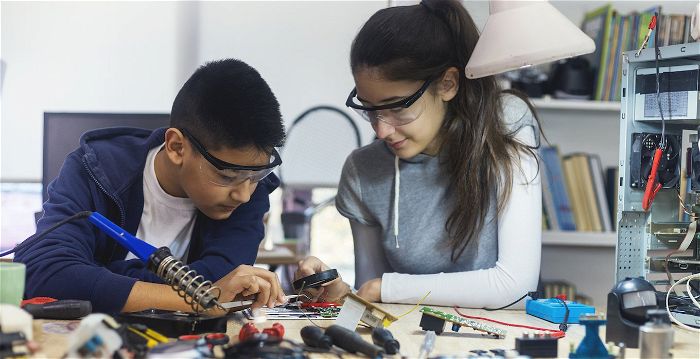
The SSCN: 10 Years of Leading Change at Community Colleges
With connections to nearly half of the country’s community colleges and 4.5 million community college students, the Student Success Center Network is dedicated to promoting racial justice and driving equitable economic advancement by dramatically increasing the number of students earning postsecondary credentials with value in the labor market.

















